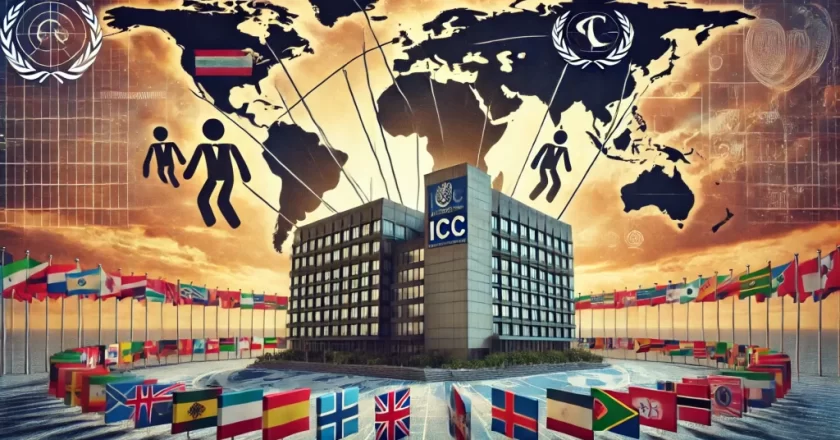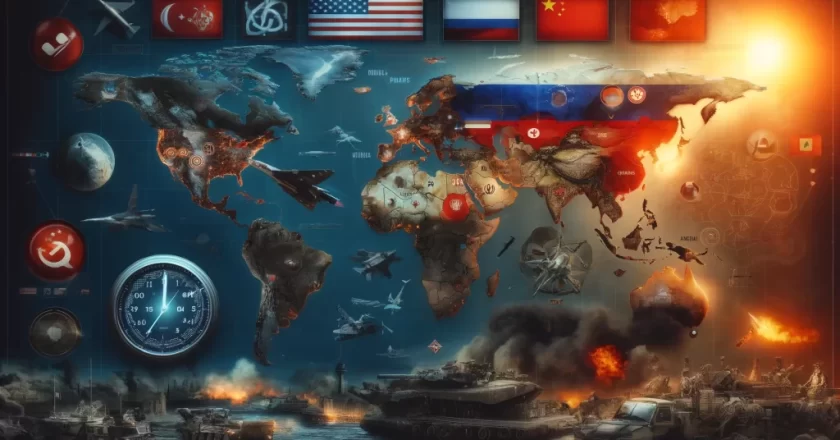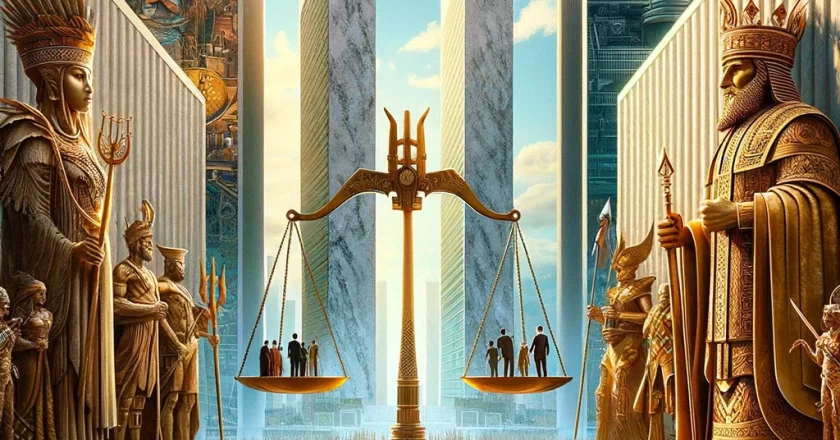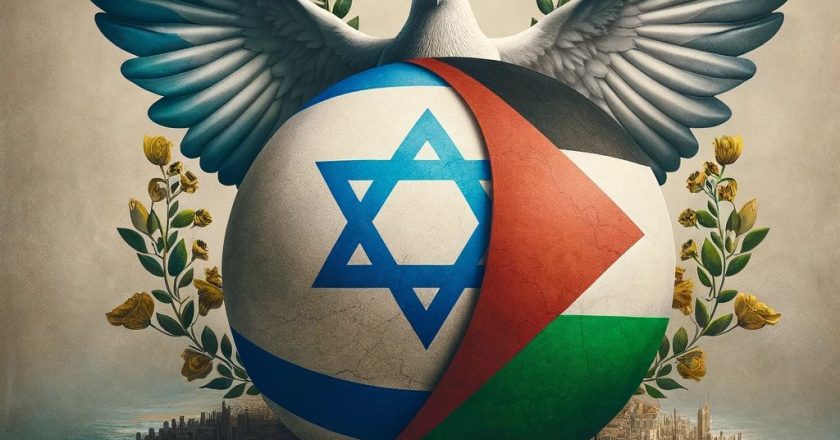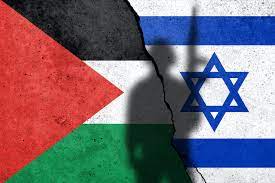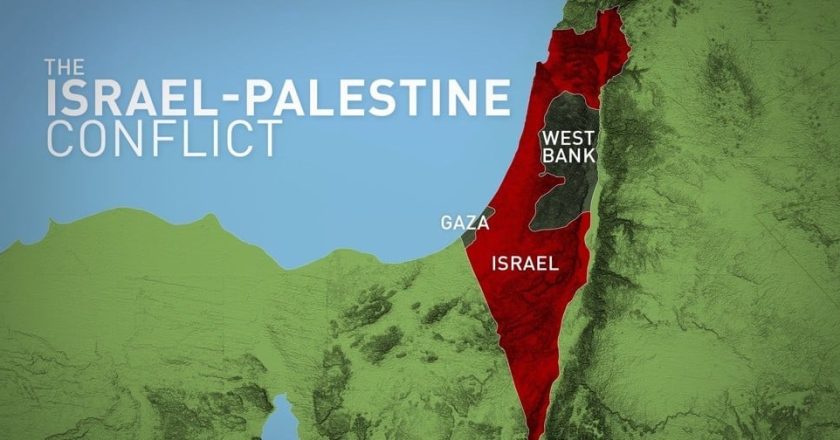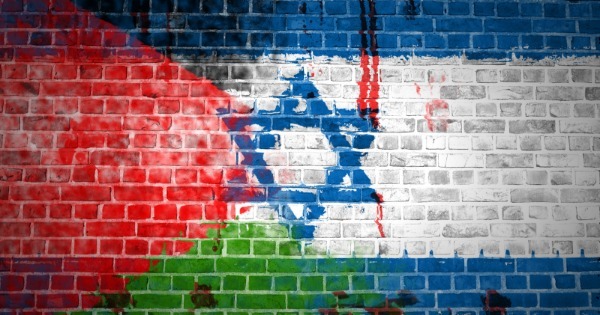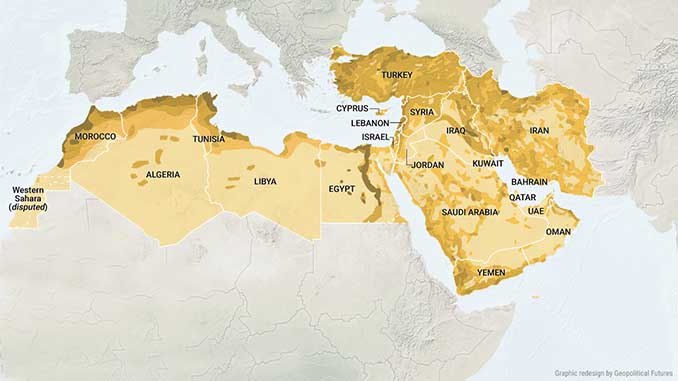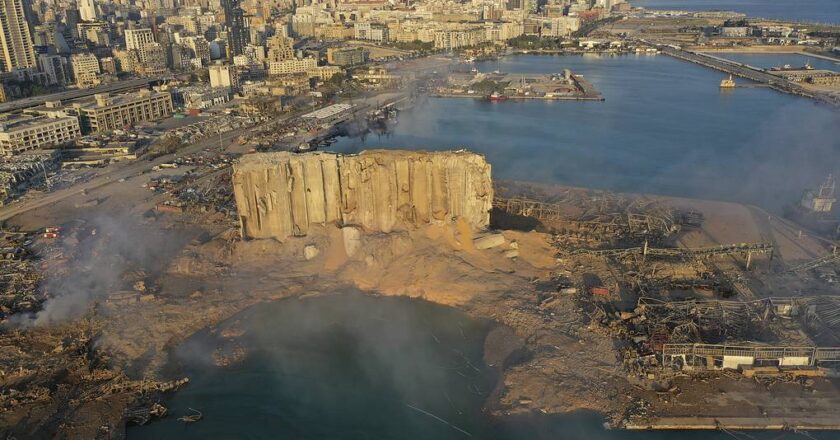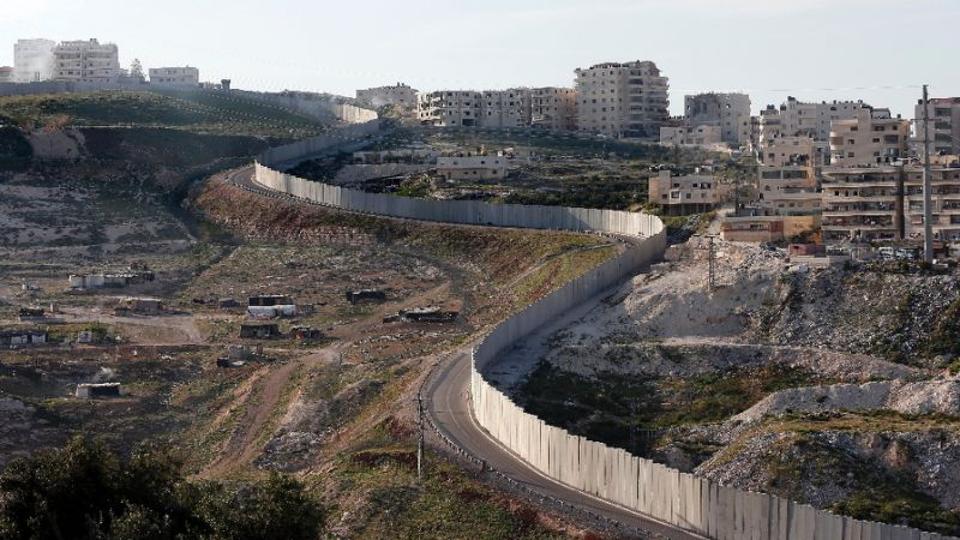The geopolitics of the international criminal court: an analysis of divergent patterns and political influences
The International Criminal Court (TPI) was established in 2002 with the mission of prosecuting individuals accused of genocide, war crimes, crimes against humanity and crimes of aggression. However, ICC actions and decisions are often perceived unevenly by different countries, especially in the United States, who have a history of criticism and distrust towards the court. This article compares recent cases from Russia, Israel and other countries, analyzing the stance of US politicians and exploring how the funding and appointments of ICC members are subject to political influence.
The Russian invasion of Ukraine in 2022 brought a series of investigations by the ICC into allegations of war crimes. The international response was approx...

